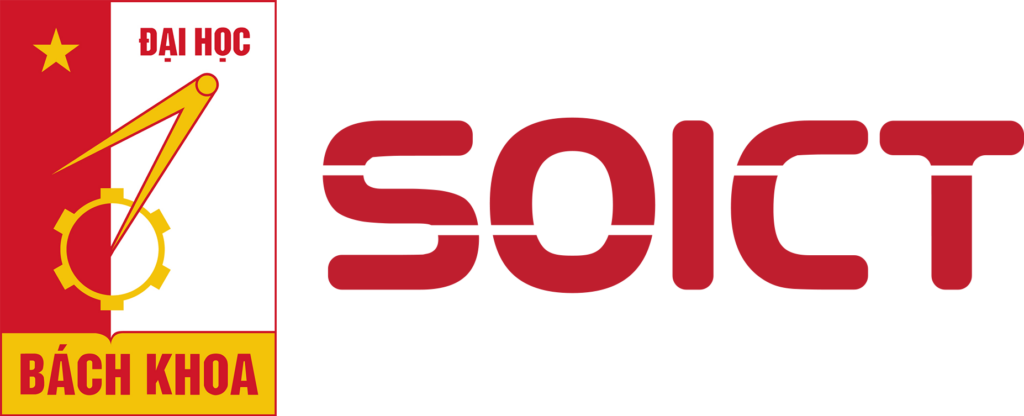Thời gian: 14.00 ngày thứ 3, 7/8/2018
Địa điểm: phòng 803, nhà B1, Đại học Bách khoa Hà Nội
Talk Title: 5G Mobile Edge Computing: Three-Tier Capacity and Traffic Optimization for Cloud, Edge, and Fog
Speaker:
Ying-Dar Lin, IEEE Fellow, IEEE Distinguished Lecturer
Editor-in-Chief, IEEE Communications Surveys and Tutorials
Distinguished Professor of National Chiao Tung University, Hsinchu, TAIWAN
Email: ydlin@cs.nctu.edu.tw, Web page: www.cs.nctu.edu.tw/~ydlin
Abstract:
In order to satisfy 5G requirements of ultra-low latency, MEC (mobile edge computing) architecture, composed of three-tier nodes, core, edges, and devices, is proposed. In MEC architecture, previous studies focused on the control-plane issue, i.e., how to allocate traffic to be processed at different nodes to meet this ultra-low latency requirement. Also important is how to allocate the capacity to different nodes in the management plane so as to establish a minimal-cost network. The objectives of this work is to solve two problems: (1) to allocate the capacities of all nodes in MEC so as to provide a minimal-cost network, and (2) to allocate the traffic to satisfy the latency percentage constraint, i.e., at least a percentage of traffic satisfying the latency constraint. In order to achieve these objectives, a two-phase iterative optimization (TPIO) method is proposed to optimize capacity and traffic allocation on an MEC network. TPIO iteratively uses two phases to adjust capacity and traffic allocation respectively because they are tightly-coupled. In the first phase, using queuing theory to calculate the optimal traffic allocation under fixed allocated capacity, while in the second phase, allocated capacity is further reduced under fixed traffic allocation to satisfy the latency percentage constraint. Simulation results show that the MEC architecture can save about 42% of cost of two-tier architecture. Further, an extra 34% cost must be paid when the percentage of satisfying latency is 90%, compared to 50%. Other on-going topics on 5G-MEC will be overviewed too.
Autobiography:
YING-DAR LIN is a Distinguished Professor of computer science at National Chiao Tung University (NCTU), Taiwan. He received his Ph.D. in computer science from the University of California at Los Angeles (UCLA) in 1993. He was a visiting scholar at Cisco Systems, San Jose, during 2007–2008, CEO at Telecom Technology Center, Taiwan, during 2010-2011, and Vice President of National Applied Research Labs (NARLabs), Taiwan, during 2017-2018. Since 2002, he has been the founder and director of Network Benchmarking Lab (NBL, www.nbl.org.tw), which reviews network products with real traffic and has been an approved test lab of the Open Networking Foundation (ONF) since July 2014. He also cofounded L7 Networks Inc. in 2002, later acquired by D-Link Corp, and O’Prueba Inc. in 2018. His research interests include network security, wireless communications, and network softwarization. His work on multi-hop cellular was the first along this line, and has been cited over 850 times and standardized into IEEE 802.11s, IEEE 802.15.5, IEEE 802.16j, and 3GPP LTE-Advanced. He is an IEEE Fellow (class of 2013), IEEE Distinguished Lecturer (2014–2017), ONF Research Associate, and received in 2017 Research Excellence Award and K. T. Li Breakthrough Award. He has served or is serving on the editorial boards of several IEEE journals and magazines, and is the Editor-in-Chief of IEEE Communications Surveys and Tutorials (COMST). He published a textbook, Computer Networks: An Open Source Approach (www.mhhe.com/lin), with Ren-Hung Hwang and Fred Baker (McGraw-Hill, 2011).
Trân trọng kính báo và kính mời quý vị quan tâm tham dự.

